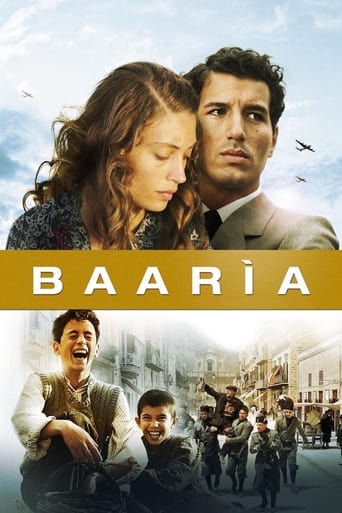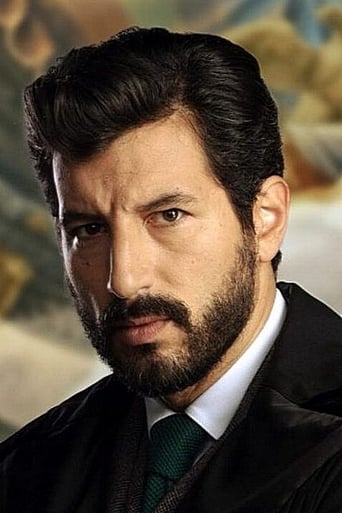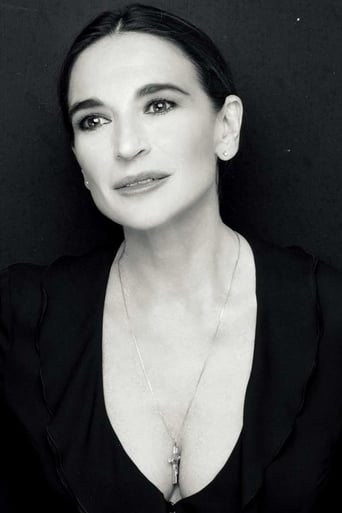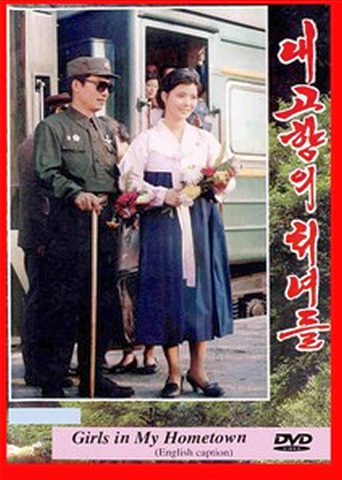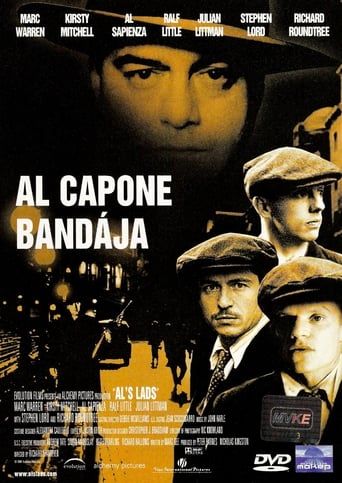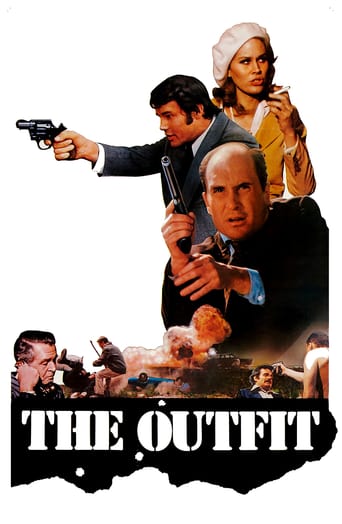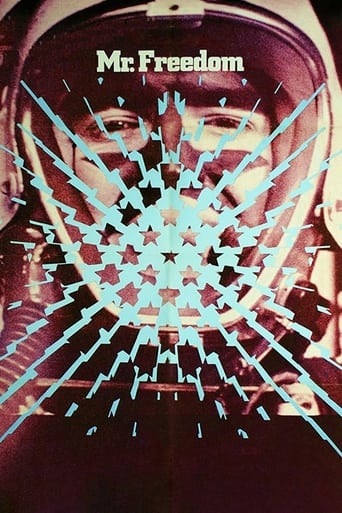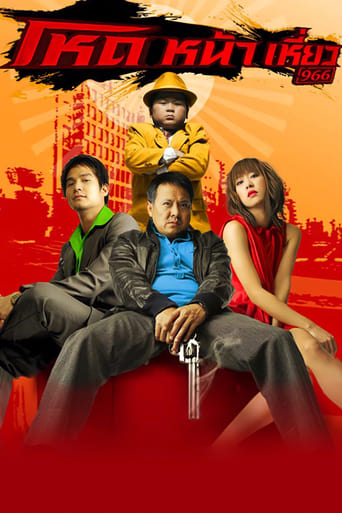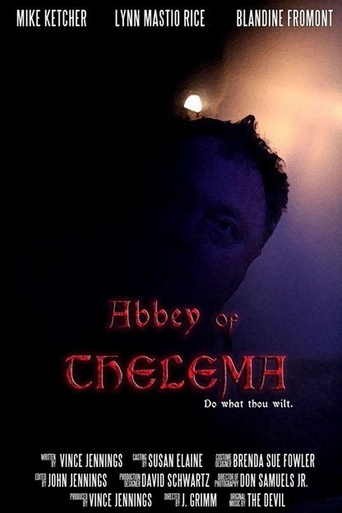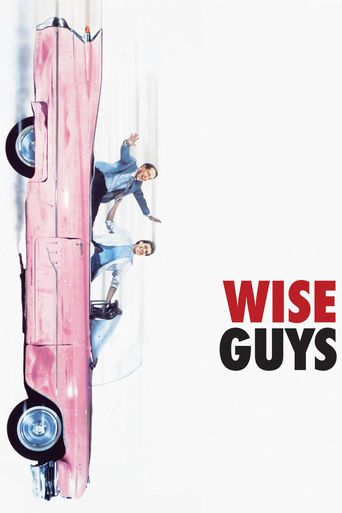Baaria (2009)
Giuseppe Tornatore traces three generations of a Sicilian family in in the Sicilian town of Bagheria (known as Baarìa in the local Sicilian dialect), from the 1930s to the 1980s, to tell the story of the loves, dreams and delusions of an unusual community.
Watch Trailer
Cast
Similar titles
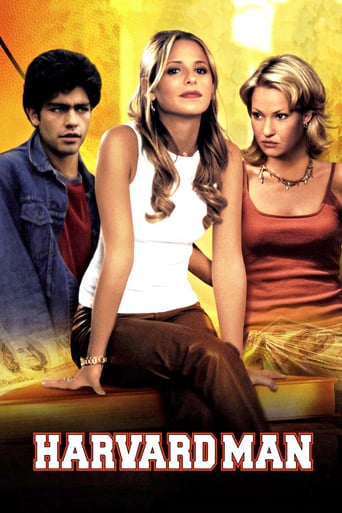
Reviews
Touches You
It's entirely possible that sending the audience out feeling lousy was intentional
Although I seem to have had higher expectations than I thought, the movie is super entertaining.
By the time the dramatic fireworks start popping off, each one feels earned.
For all the extravagance and circumstance, Giuseppe Tornatore's 2009 film Baaría certainly carries a nihilistic bite in its outlook on life and such things. I think it would be true to say that the film is one of an immensely colourful ilk, a film full of energy and brimming with a sense of guile in its darting on and off and away through various stages in a man's life – a life beginning in the 1930's and progressing well into the last century. The piece arrives with an eye on changing times; changing attitudes and shifting norms, but such items are not implemented by Tornatore until much nearer the end, by which time certain elements of the surreal have done a little too much in drawing our attention away from such a sociopolitical tract.It is a film telling a story of someone's life constantly progressing forward, and yet often finds itself looking back at times gone by with a nostalgic and tearful front; a film that peers onwards at the modern age of impatient thirty-somethings in their large, silver Mercedes-Benz people-carriers, hurrying their way around public roads, when it isn't looking forlornly at scooter drivers tooting and bustling their way through town. It seems the film wants you to realise that, believe it or not, there was a time when people would sit in a cinema and marvel at the fact the film they were watching had undergone a dubbing process. There was a time in which, if two people slept with one another out of wedlock in a room to a building whose front backed onto a street, superiors would go nuts and demand to know what was going on. This, as the rest of the road's inhabitants gradually left their dwellings and surveyed the ensuing madness; everyone in the zone shocked and a little appalled that two people would do such a thing. Modern-life sucks; and the old days, when people had standards and technological advancements were something to look on at in awe of rather than queue to buy since it's the next accessible gadget, were great.The sense of transition begins in the opening scene, a young boy in 1930s Italy (the titular Scicilian town of Baaría), named Peppino (Scianna, eventually), plays with his child-friends on one side of the road as his father and his own friends play cards on the other. He calls Peppino over, and the literal crossing of the road as he enters this adult space within which competitiveness and gamesmanship exists on a more developed level feels prominent. Fitting then, that Baaría would go on to be a film about progression and transition through the ages; from one thing to another, during which you're opened up to new things and often forced to leave old ones behind. At its core is Peppino, a boy of whom grows into a man and then an elderly man as the town around him grows and develops as the ages pass. It is a flamboyant, grandiose picture; a film aiming high in its beginning with the what might constitute as the birth of fascism on the island before progressing all the way through to the modern day whilst doing its utmost to encompass reaction to The Vietnam War; the rise of socialism; the coming of the Americans during World War Two; a marriage, three kids and a miscarriage happening to one family as well as someone's entire career in politics.Tornatore tells the story of an entire town and its inhabitants across several decades, but we're always more interested in the central character than anything else. What grates is the apparent lack of confidence the film has in its spreading of one's wings as widely and as all-encompassing as it does; the somewhat desperate attempts to instill a sense of the humane or of the emotional to proceedings arriving in the form of an array of slow, lazy tracking shots over the low skyline of the buildings in the town and across vistas to orchestral music. They are designed to evoke the tears on cue, but do not; instead, and if anyone was ever going to feel any emotion at all to anything, then it would have been this central story-line about love, life and death. On a similar tract of criticism, and for all of the aiming high Baaría does, some of the content doesn't necessarily feel like anything we haven't seen before. Specifically, the delivery of the content outweighs that of the content itself; in as much that the film falls back onto a sub-plot to do with one male character's bond with the woman he likes breaking down, before kicking back off again and leading onto special relations.Baaría is a difficult film to truly love; a film that we watch and wait for the golden moment wherein which it all comes together and we all genuinely fall for it before coming out applauding. It doesn't arrive. I admire the film for being confident enough to progressively unfold without any periodic subtitle popping up on screen informing you of what year we're presently in, this is a film asking you to take note of the surroundings; the real-life events unfolding around proceedings and to keep up to speed. In tandem with this, we enjoy how characters age without the aid of an edit when they leave the frame and return a little older; an approach I haven't necessarily before seen. In spite of it all, the blunt nostalgia of a veteran filmmaker doing his best to hark back to days of old grates more than it does immerses. We sympathise to a certain extent and realise that even a small, backwater place like the town of Baaría can succumb to the modern-age of instantaneous results and hustle and bustle, but the film's bare bones are nothing incredible nor original and while there are spots of magic, it doesn't do enough for a reaction that is any more resounding.
BAARIA is another masterwork form the consummate film artist Giuseppe Tornatore. Tornatore is so highly regarded in Italy and Sicily that famous actors fight for the opportunity to work in one of his luminous films, agreeing to take minute walk on roles just to be near the director: Monica Belluci, Ángela Molina, Beppe Fiorello, Raoul Bova etc. This film deserves close attention form the viewer - and in some ways it may be better to view the DVD's Interview with Giuseppe Tornatore BEFORE watching this film so that the writer/director's concept and technique is understood before the story unfolds.Baarìa is Sicilian slang for Bagheria where Tornatore was born and this is an autobiographic epic of three generations in the Sicilian village where he was born. It begins in the 1920's where Giuseppe "Peppino" Torrenuova lives with his brother Nino and his parents in a hovel. They are so poor that Peppino's father advises him to become a shepherd in order to help support the family. Peppino progresses to taking a cow around the town to fill the milk buckets of the townspeople, struggles through school, progresses to young adulthood when he falls in love with Mannina and going against Mannina's family's dream of having their daughter marry money, the two elope - in the home of Mannina! - and it is here that the characters become the adults who carry the film. Of note, Tornatore elected to cast the main characters with little known Sicilian actors: Peppino is Francesco Scianna and Mannina is Margareth Madè - both brilliant in their roles. From this point the time passes through historical references to Il Duce, the mafia, WW II and the coming of the Americans, but more important is Peppino's idealistic concept that his future lies in politics. He becomes a Communist, rises in the ranks, eventually even visiting Moscow to meet with Stalin, and returns to Baaria to help the people struggle for land reform and socialism, all the while he continues to have children with Mannina and follow his dreams of being a successful politician, a dream that is as fragile as it is unattainable.The film flashes back and forth in time and has no linear story line: Tornatore is more interested in taking snippets of his memories of his past life growing up in Baaria than he is in keeping the audience clear about the characters who flash in and out of the story. His use of children is magical - they seem more wise in their innocence that the adults. But take the movie for what it is - a mélange of remembered moments in the writer/director's life - and witness some of the most beautiful moments ever created for the screen, such as the eventual death of Peppino's father who passes his wisdom to his son, and Peppino's advice to this oldest son as the son takes the train to Rome: the son asks 'Why do people call us hotheaded?' to which Peppino answers 'Because we think we can embrace the Universe, but our arms are too short.' Peppino's wisdom he passes to his son is to follow his heart at all costs and there will he find satisfaction. This film is overflowing in such moments and watching it is like opening a treasure trunk full of dazzlingly memories. The musical score by the evergreen Ennio Morricone is absolutely one of his finest - a score the composer created in conjunction with Tornatore.There is a problem with the DVD that hopefully someone will solve: the English subtitles (the film is in Italian and Sicilian) are very difficult to read - so bleached out are they over backgrounds of bright Sicilian light. It is a post-production flaw that needs to be corrected for non Italian speaking audiences, but even with that minor problem, this is one of the most touching and tender and emotionally satisfying films this viewer has ever seen. 10 stars! Grady Harp
A Tornatore movie. Seductive, nostalgic, nice, childish. But, in same measure, boring on many slices. That is not very strange. "Baaria" is a confession. Honest, pathetic, impressive. Any detail, any image of shadow is ingredient of this filmed novel about himself. A ethic duty makes the director to tell a story with many faces, baroque clothes, heavy, hush and not sweet. But the key is in final. Twoo boys searching. And looking the essence of theirs run. Small peaces of magic, answers to dusty questions. In this moment, the life of humble communist is more than a page from huge library. It is heart of every hope and beginning of every adventure. "Baaria" is not another "Malena" and it is not phrase from de Sica. It is way to define a poor world as any text of a Franz Kafka. Words who must be lives. Theirs sons, theirs colors or face is more important than a masterpiece. A message in a bottle. Or legend of a warm/cold time.
In the 20's, in the backward Sicialian town of Bagheria (a.k.a. Baaria), the boy Giuseppe "Peppino" Torrenuova (Francesco Scianna) works as a shepherd to financially help his poor family. Along the years, he grows up and joins the Communist Party. He marries the local Mannina (Margareth Madè); they have children; and he follows a political career. ... "Baaria" is as boring film where the writer and director Giuseppe Tornatore unsuccessfully uses the same formula of his masterpiece "Nuovo Cinema Paradiso" but that never works. The screenplay excessively uses ellipsis making difficult to follow secondary characters. The story is very uninteresting and too personal and does not have emotion. My vote is five.Title (Brazil): "Baaria – A Porta do Vento" ("Baaria – The Door of the Wind")
